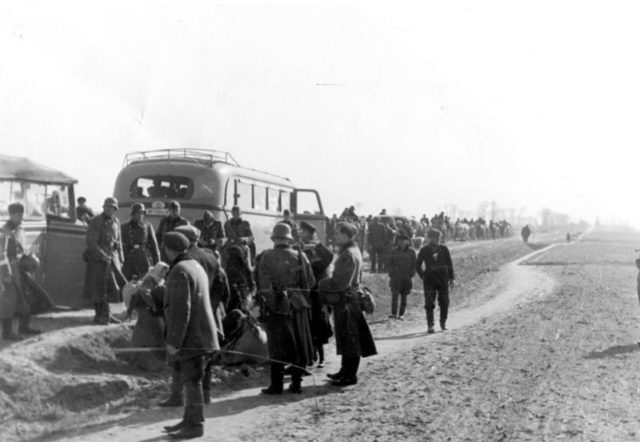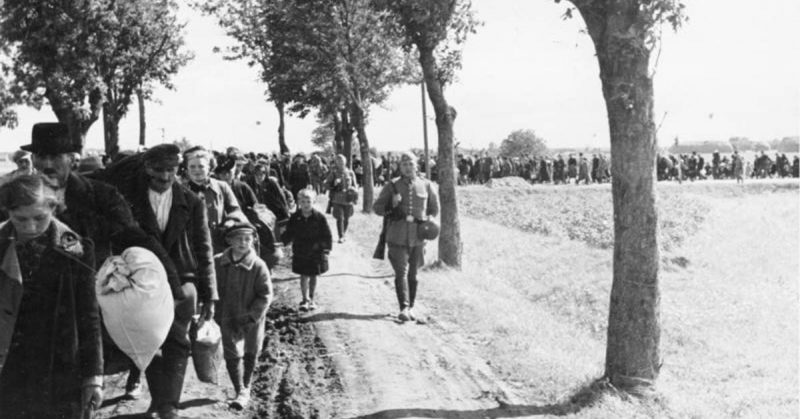Helen Bitner-Glindzicz became a fan of history while a student at Rosemount Primary School in Derry during the 1940s. 70 years later, Helen has now published her own historical book. In it, she details the travels of her late husband Ryszard’s Polish family as they left Eastern Poland in 1940 while Russia was an ally of Nazi Germany.
“A Song for Kresy” tells how the family, without their father who was imprisoned and murdered, was deported to Siberia and forced to work to build a railway.
She tells about two boys, one of whom Helen would eventually marry, escaped and managed their way through Kazakhstan and Uzbekistan, the Middle East and eventually ended up in England in 1947.
The Glindzicz family had owned land in Kresy in the Eastern Borderlands of Poland since before the Polish-Lithuanian Commonwealth (1569-1648). The Glindzicz family had always supported the Polish uprisings against the czars of Russia.
Still, even though they fought alongside the British all through World War II, the Poles in Kresy lost all of their land to the Soviets when the war was over.
Helen wrote “A Song for Kresy” to be “Ryszard’s story, written to be read by his grandchildren.” She wanted their grandchildren to know about his childhood which was so different from their own.

Helen and Ryszard first met at a dance in Borderland – the renowned dance hall in Muff, Inishowen. Ryszard was working as a graduate engineer on contract at the Coolkeeragh Power Station.
They married in 1961 and were together until Ryszard’s death in 2007.
Helen says that her husband’s story is part of the story about the lost Eastern Borderlands of Poland.
Kresy at one time had a unique mixture of Polish, Lithuanian, Beloruthenian, Ukrainian, Jewish, and Muslim cultures.
She administers an Internet group called the Kresy Family Polish WWII History Group. The group’s purpose is to promote the history of the 1.7 million Poles deported to Siberia during WWII.
“A Song for Kresy” began as a transcription of three audio tapes made by Ryszard. On them, he told the stories about himself and his family in WWII, Derry Journal reported.
Some of the material is from those tapes and some is from conversations Ryszard had with a family friend and with his mother and grandmother.
